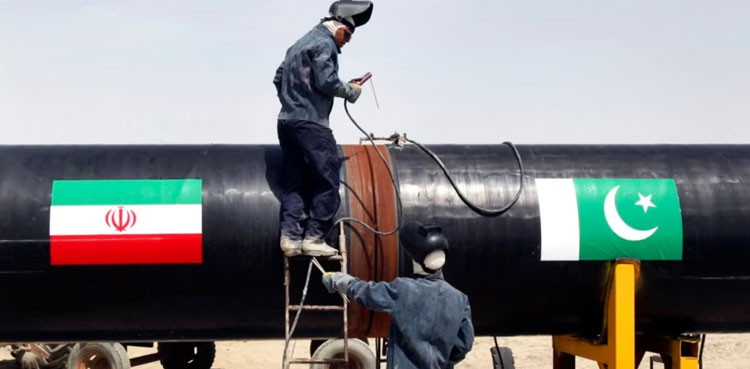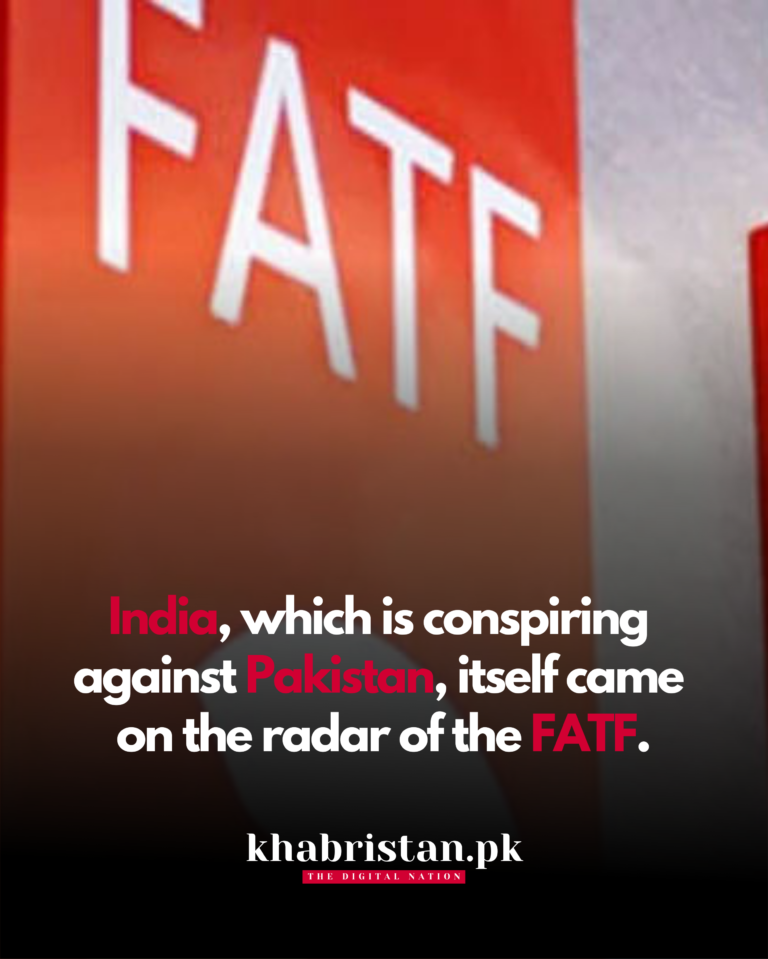The US has refused to waive sanctions on Iran for the Pakistan-Iran gas pipeline project, causing further delay. Pakistan requested a waiver, but the US expressed concerns and refused any concession. There’s a deadline of March to complete Pakistan’s part, with a potential 18 billion US dollar fine for non-compliance. Iran has completed its pipeline, but US sanctions have stalled progress. Both nations continue exploring options to fulfill the project.

WASHINGTON DC: The Pakistan-Iran gas pipeline project has once again been delayed as the US has expressed concerns about the project and has flatly refused to waive the sanctions imposed on Iran.
According to well-placed sources, Pakistan requested a waiver from the US on the sanctions imposed on Iran to resume the Pak-Iran gas pipeline project, but the US refused to give any concession. While flatly refusing, the U.S. also expressed its concern about this project.
It should be noted that there is a deadline of March this year to complete Pakistan’s part of the Pak-Iran gas pipeline project, and if Pakistan does not start the project by March, it will have to pay a fine of 18 billion US dollars.
Sources claimed that after America’s refusal, Pakistan has made it clear to Iran that Pakistan wants to complete this project, but due to the sanctions imposed on Iran, this project cannot be completed. Pakistan asked Iran to extend the March deadline in view of the current situation.
According to the agreement, Iran has prepared a 700-mile long pipeline for its part, while in Pakistan, a 500-mile long pipeline has been prepared and will go to Balochistan and Sindh.
The Pakistani caretaker government had approved the completion of the Pakistan-Iran pipeline project a few days ago, but after this approval, the United States officially expressed its concerns to Pakistan. After American reservations, Pakistan once again stopped the implementation of the project.
The Iran-Pakistan gas pipeline, commonly known as the Peace pipeline or IP Gas, is a complex initiative influenced by geopolitical tensions, economic factors, and international sanctions. Initially designed to transport natural gas from Iran to Pakistan, the project has encountered numerous challenges since its inception.
In March 2013, Presidents Zardari and Ahmadinejad inaugurated the project near Iran’s Chabahar port, signaling the start of the USD 7.5 billion venture. However, progress stalled due to US sanctions on Iran, despite Iran completing its portion of the pipeline. Negotiations must conclude by March 2024 to avoid legal complications, with Islamabad having until September 2024 to fulfill its obligations.
Both nations were trying exploring strategies to complete the pipeline outside the scope of US sanctions, emphasizing the project’s importance for their national interests but United States not ready to give any waiver.
The recent refusal by the United States to grant a waiver for the Pakistan-Iran gas pipeline project has sparked significant discussions and raised important questions about the implications of this decision. The pipeline, which aims to facilitate the transfer of natural gas from Iran to Pakistan, has long been a subject of contention due to concerns about its impact on international relations and regional dynamics. The US refusal has added a new layer of complexity to this already delicate situation, prompting leaders and experts to carefully evaluate the potential consequences. While the decision has undoubtedly stirred debate, the broader ramifications for energy security, diplomatic relationships, and global geopolitics remain to be seen. As this issue continues to unfold, it is crucial for stakeholders to engage in constructive dialogue and thoughtful analysis to navigate the complexities surrounding the Pakistan-Iran gas pipeline project.
Source: ARY NEWS
The Pakistan-Iran gas pipeline project faces delays as the US refuses to waive sanctions on Iran. With a March deadline and an 18 billion USD fine looming, Pakistan seeks an extension due to US sanctions. The 700-mile Iran and 500-mile Pakistan pipelines are at the heart of the project, but progress has been hindered by geopolitical tensions and economic factors. Despite efforts to complete the pipeline outside US sanctions, the US remains firm in its refusal. The project’s importance for national interests is emphasized, but legal complications and US concerns persist.
Disclaimer:
This content is AI-generated using IFTTT AI Content Creator. While we strive for accuracy, it’s a tool for rapid updates. We’re committed to filtering information, not reproducing or endorsing misinformation. – Khabristan.pk for more information visit privacy policy








Leave a Comment